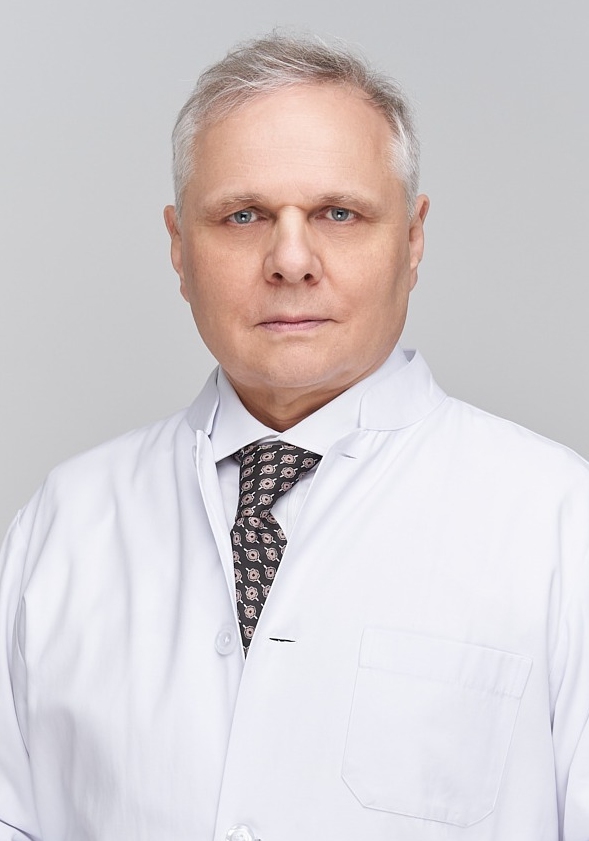
Psychological dependence on alcohol is often marked by a strong longing for the substance, also called craving.
According to the current ICD-10 diagnostic guidelines, craving is one of the main criteria for diagnosing alcohol addiction. This craving develops due to structural changes in the brain caused by regular alcohol use. These changes are currently considered irreversible.
A deeply embedded addiction memory poses a major challenge for those affected. Even after years of sobriety, it can suddenly resurface and trigger a strong urge to drink, potentially leading to relapse.
The main goal of rehabilitation for alcohol addiction is to learn how to manage cravings and prevent relapse.
A second essential goal is to identify the underlying causes that led to the addiction. Patients who understand their personal triggers can develop healthier coping strategies to avoid relapse.
For More Information About Rehabilitation for Alcohol Addiction Contact:
Call CHMCTreatment and Rehabilitation for Alcohol Addiction
- Rehabilitation programs
- Outpatient counseling
- Self-help groups
- Consideration of medications (e.g. Naltrexone, Disulfiram, Acamprosate)
All patients should be encouraged to reduce their alcohol intake below the threshold for alcohol dependence. For those with mild alcohol use, treatment can start with a brief discussion about the medical and social consequences, along with a recommendation to cut back or stop drinking. This should be followed by regular check-ups to monitor progress.
For patients with more serious problems—especially if less intensive approaches have failed—a structured rehabilitation program is often the best option. These programs combine psychotherapy, including individual and group sessions, all under medical supervision. Most patients do well in outpatient rehab. The length of participation varies, typically lasting several weeks or months, but longer stays are possible if needed.
Inpatient rehabilitation is usually reserved for patients with severe alcohol dependence or serious co-existing medical, psychological, or substance use problems. These treatments are usually shorter—lasting from days to a few weeks—and may be limited by what the patient’s health insurance covers.
Psychotherapy focuses on building motivation and teaching patients how to avoid situations that typically trigger drinking. Social support, especially from family and friends, is essential for maintaining sobriety.
Cognitive Behavioral Therapy for Alcohol Addiction
In professional psychotherapy, patients can develop and practice new behaviors in a safe space. Cognitive Behavioral Therapy (CBT) has proven to be one of the most effective approaches in treating alcohol addiction, especially in clinical settings.
How Long Does Rehabilitation for Alcohol Addiction Takes?
It’s difficult to give a general time frame for rehab, since each case is different. Just as the path into addiction is personal, the road to recovery is also unique. Many private clinics follow structured programs that include detox, withdrawal, and rehab, all within a 28-day stay.
People with alcohol dependence can choose between inpatient or outpatient rehab programs. Research shows that both types can be highly effective.
The duration of therapy depends on several factors:
- Is the treatment inpatient or outpatient?
- How long has the addiction existed?
- Are there any co-existing mental health issues?
- What is the patient’s overall physical and psychological condition?
- What kind of social environment does the patient live in?
Structure of Alcohol Rehabilitation Therapy
Rehabilitation therapy is always personalized. Whether done in a clinic or through outpatient care, it must reflect the individual’s specific history and causes of addiction.
Therapy typically includes
- Cognitive-behavioral and depth-psychology-based talk therapy, often in both individual and group settings. These help the person understand their addiction, recognize harmful patterns, and identify behaviors that fuel the addiction.
- Creative therapy methods, such as art, music, or sports therapy, are often included. These help patients rediscover joy in everyday life, manage cravings, and rebuild self-confidence—without relying on alcohol.
Maintenance Therapy for People with Alcohol Addiction
Staying completely abstinent from alcohol over the long term is difficult. Patients should be warned that just a few weeks after recovering from their last drinking episode, they will very likely find an excuse to start drinking again. They should also know that even if they manage to drink in moderation for a few days—or in rare cases, a few weeks—it will most likely lead to a loss of control sooner or later.
The best-known support group is Alcoholics Anonymous (AA). Patients should look for a local AA group where they feel comfortable. In AA, they’ll find sober friends who are always available and a safe social environment where alcohol isn’t needed. They also hear from others who openly admit to the same excuses and justifications they themselves have used to drink. Helping others with alcohol use disorder can boost their own self-worth and confidence—things they may have previously only found in alcohol.
Many people with alcohol problems are hesitant to join AA and might prefer individual counseling, group therapy, or family therapy. Alternatives to AA also exist for those who don’t feel comfortable with its spiritual focus. LifeRing Secular Recovery, or Faces & Voices of Recovery, are examples of groups that offer a more secular approach to recovery.
Medication should always be used in addition to counseling—not as the only form of treatment. The National Institute on Alcohol Abuse and Alcoholism (NIAAA), along with the American Psychiatric Association (APA), provides clinical guides and a range of other resources for doctors and patients on medical treatment and pharmacotherapy for alcohol dependence.
Providers of Rehabilitation for Alcohol Addiction
The first and most important for people addicted to alcohol are usually general practitioners. They know their patient’s health history and can help guide them to the right clinic or rehab service.
The fastest and most direct help is often available from psychiatrists or specialized centers like Sakina Rehabilitation Center. They offer full guidance on detox with medical support and follow-up rehab. If space is available, Sakina Rehab can schedule admission quickly and with minimal bureaucracy.
Rehabilitation for Alcohol Addiction at Sakina Center

The Rehabilitation Center Sakina offers a comprehensive range of services, including individual and group sessions, psychoeducation on addiction and mental health, Cognitive Behavioral Therapy (CBT), relapse prevention strategies, family support, and holistic approaches such as mindfulness and physical fitness.
The aftercare planning and support systems ensure continuity of care. Additionally, Sakina provides customized programs to meet individual needs, including dual-diagnosis support for co-occurring mental health conditions such as addiction, depression, and anxiety.
Helpful Soutces for People with Addiction
Al-Anon Family Groups: Support services for adults who abuse alcohol, or adults who grew up with an alcoholic.
Alcoholics Anonymous: International fellowship of people with a drinking problem that pioneered the 12-step approach to help its members overcome their addiction.
American Psychiatric Association’s Practice Guideline for the Pharmacological Treatment of Patients With Alcohol Use Disorder: Guidelines designed to improve the quality of care and treatment outcomes for patients with alcohol use disorder.
LifeRing Secular Recovery: Support for people with drug and alcohol use problems by facilitating sharing of practical experiences and sobriety support as an alternative to traditional 12-step programs.
National Institutes for Alcohol Abuse and Recovery: Recommendations for screening and brief intervention for alcohol use disorders in the primary care setting.
Findtreatment.gov: Listing of licensed US providers of treatment for substance use disorders.


